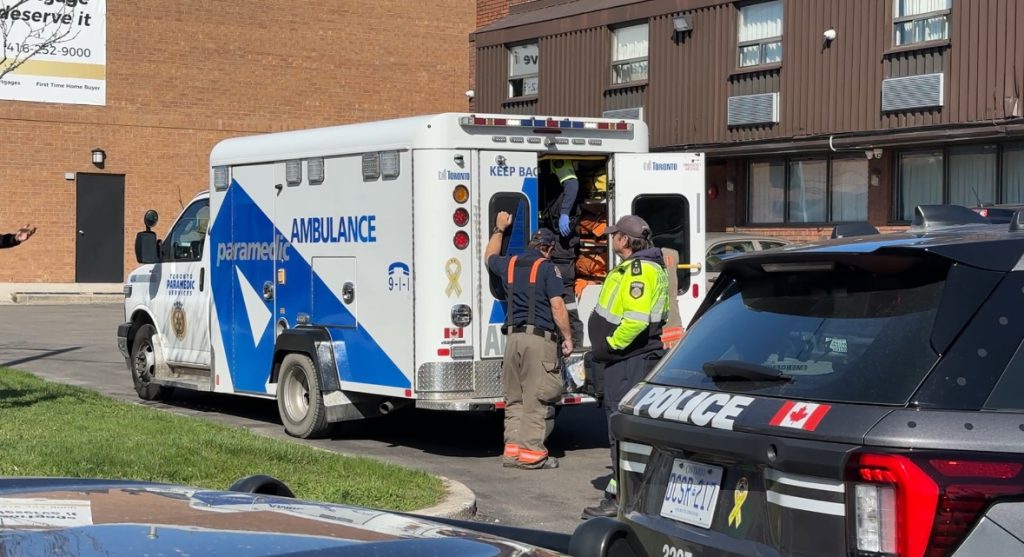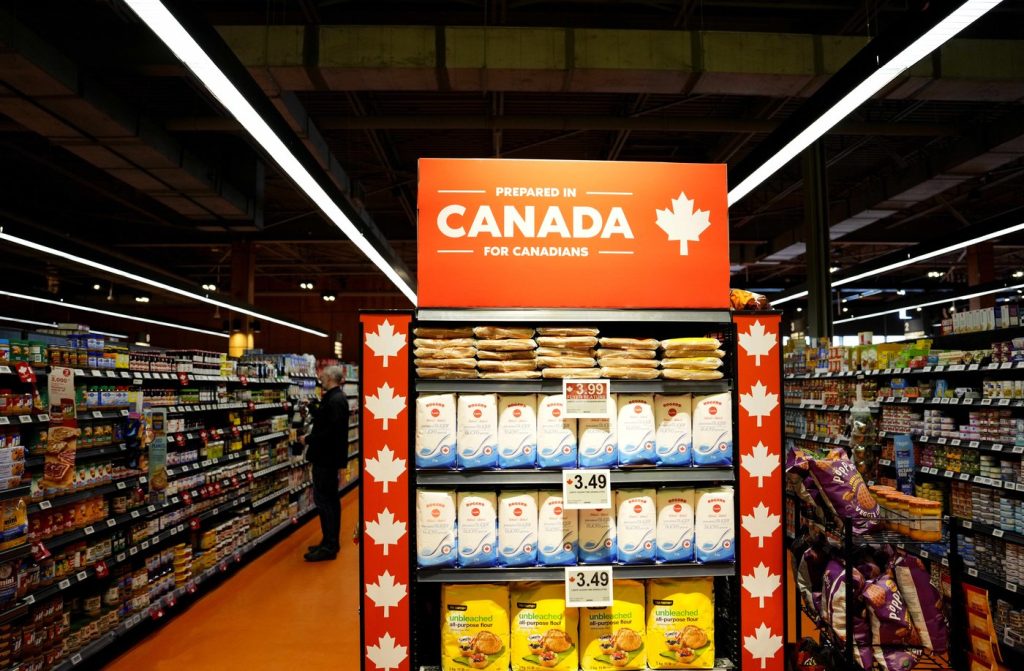COVID-19 vaccine expected to be available for all Canadians before end of September: health officials
Posted December 9, 2020 11:05 am.
Last Updated December 9, 2020 6:08 pm.
Federal health officials said Wednesday that they expect to have enough COVID-19 vaccines to inoculate all Canadians before the end of September.
The initial rollout will be limited, however, with enough for three million Canadians between January and March. Supply will ramp up in spring 2021.
Those logistical updates come after Health Canada announced that it had approved the Pfizer and BioNTech COVID-19 vaccine for use in Canada, saying that after extensive reviews it concluded that the “benefits outweigh the risks.”
BREAKING: Federal health officials release new vaccination timeline for Canada. Expect to have enough vaccines to inoculate all Canadians before the end of September.
The news comes after Feds approve the first COVID vaccine for use in our country #cdnpoli pic.twitter.com/qpTPmvgGMM— Cormac Mac Sweeney (@cmaconthehill) December 9, 2020
Canada is set to receive four million doses of the vaccine by March, including up to 249,000 doses this month, with the first shipment set to arrive next week. Health officials have said vaccinations could begin as early as next week.
Health Canada’s chief medical advisor, Dr. Supriya Sharma, called the approval a critical milestone in the ongoing pandemic fight, but said widespread vaccinations won’t be available until spring 2021.
“The geek in me is amazed,” a smiling Sharma said. “No one would have thought as we looked back at the first discovery of the virus that less than a year later we’d be authorizing and then distributing the vaccine.”
Despite her enthusiasm, Sharma stressed that the federal government will monitor for adverse reactions and take action if any safety concerns arise.
“There are potential risks, even if they are rare, that’s why it’s important to monitor it.”
“Even the best vaccine is only effective if people trust it and take it,” she said.
The vaccine is approved for people 16 years of age and older, according to Health Canada, noting that its safety and effectiveness in younger people has not yet been established.
U.K. regulators issued an advisory Wednesday, saying those who have a “significant history” of allergic reactions shouldn’t receive the new Pfizer-BioNTech vaccine after two adverse reactions were reported on the first day of the country’s mass vaccination program.
RELATED: U.K. advises those with ‘significant history’ of allergic reactions to avoid vaccine for now
Ontario Premier Doug Ford celebrated the news.
“This is phenomenal news for all Canadians as we take the next step toward ending this pandemic,” Ford said. “As soon as vaccines arrive on Ontario soil, we will be ready to deliver and administer them.”
“Friends, the light at the end of the tunnel grows brighter,” he said.
New statement from Health Canada on approval of first #COVID19 vaccine in Canada. #cdnpoli pic.twitter.com/1ib6ZP1BVl
— Cormac Mac Sweeney (@cmaconthehill) December 9, 2020
The federal government has purchased 20 million doses of the Pfizer vaccine, which requires people to receive two doses each, and has the option to buy 56 million more.
Pfizer needs to store its vaccine at ultracold temperatures – below -70 C – and so the company is planning to ship the doses directly to provinces.
Health Canada is reviewing three other vaccine candidates, including one from Moderna, which is set to deliver two million doses to Canada in the first quarter of 2021.
The National Advisory Committee on Immunization recommends that provinces and territories give their first doses to residents and staff of long-term care homes and adults 80 years of age or older.
Files from The Canadian Press were used in this report








